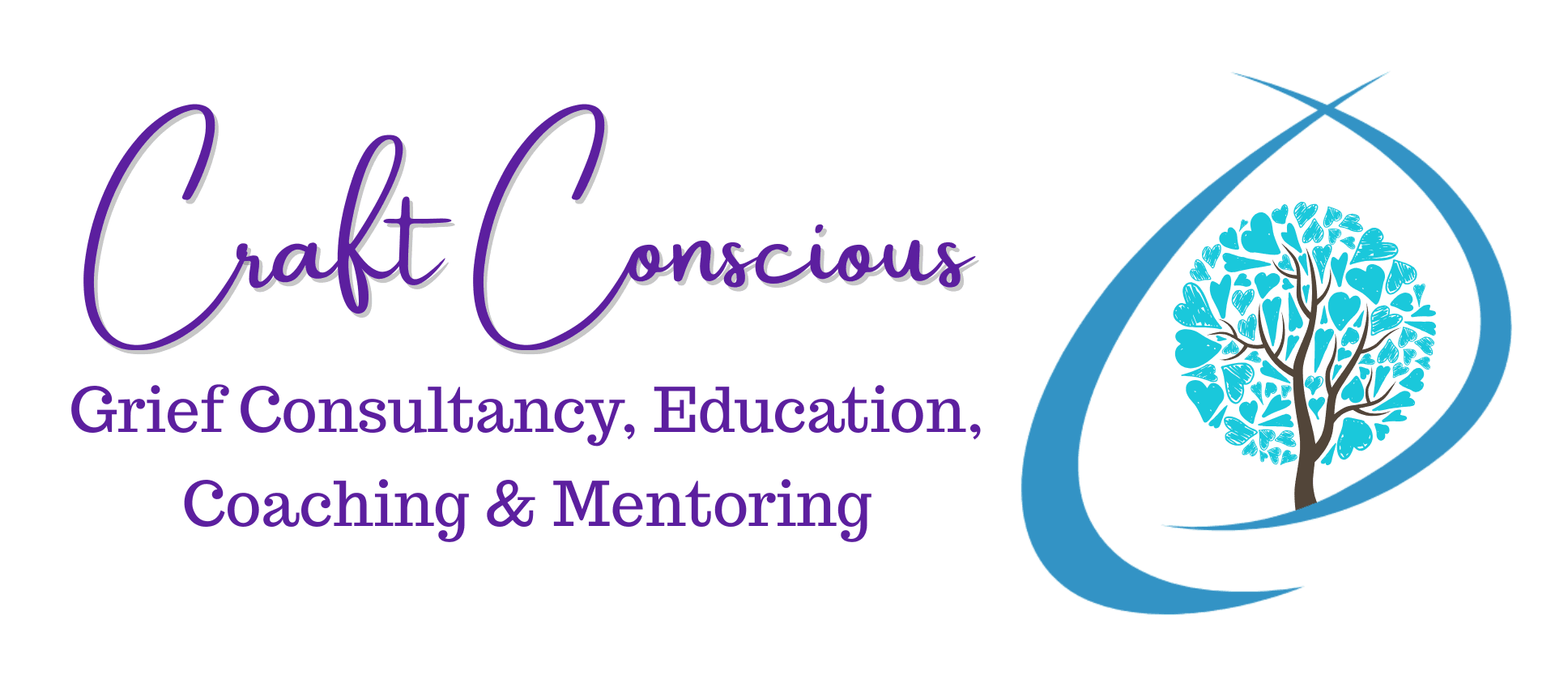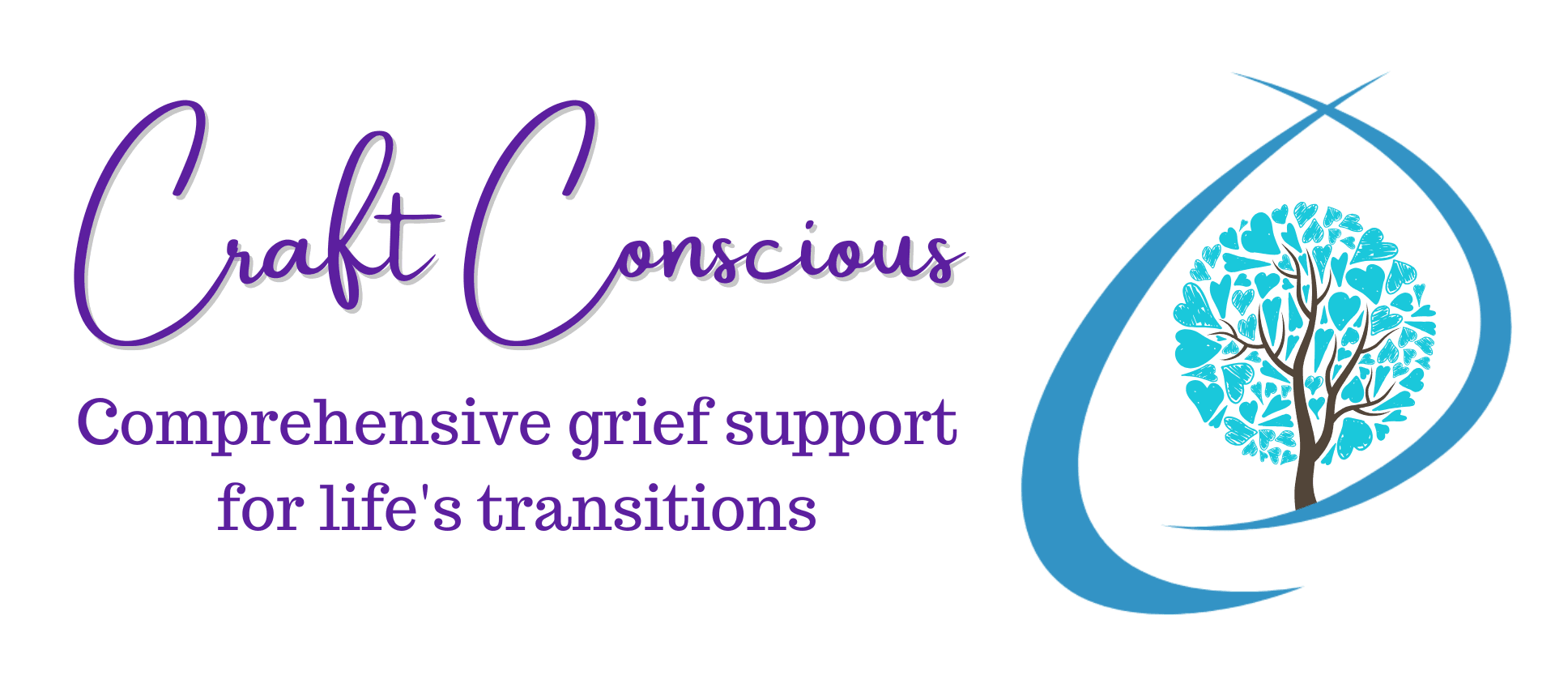As a member of the LGBTQIA+ community, I want you to know that this is a safe space. Whether you’re transgender, neurodivergent, living with a disability, or from any faith or cultural background – you are welcome here. Your pronouns, identity, and lived experiences are respected and honoured.
I understand what it means to need genuine acceptance. You don’t need to explain or justify who you are.
I am glad you are here.
As a member of the LGBTQIA+ community, I want you to know that this is a safe space. Whether you’re transgender, neurodivergent, living with a disability, or from any faith or cultural background – you are welcome here.





